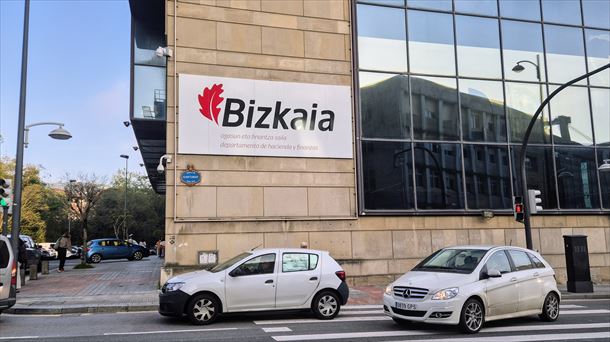Markus Marterbauer, chief economist at the Chamber of Labor, sees a “huge” unused labor potential in Austria. According to the expert, one way to effectively combat the shortage of skilled workers is by increasing the hours of part-time workers, training immigrants, people in low-paid jobs and temporary workers, and mobilizing the “hidden reserve.” ”.
State-funded qualification offers should be available not only to the unemployed, but also to employees and pseudo-self-employed people, the AK economist said. According to him, the employment service (AMS) or another institution to be established should also take care of the placement and qualification of employees. Low-wage sector workers could be qualified and then placed in manufacturing or higher-paying service jobs.
According to Statistics Austria, the available “hidden reserve” in Austria last year was 96,400 people and the unavailable “hidden reserve” was 69,300. The “hidden reserve” consists of non-working people (neither working nor unemployed) between the ages of 15 and 74 who are looking for work but are not available in the short term or people who could start in the short term but are not looking for work even though they want to work.
Companies must take needs into account
Marterbauer expects “better jobs” to be created as a result of the demographically related labor shortage. “I think the labor shortage is severe.” Companies must “adapt to the needs of their employees, for example in terms of working hours or wages”. However, the current shortage of skilled workers cannot be compared to the early 1970s, the economist says. At the time, there were 0.4 unemployed people for every vacancy; now there are four.
Criticism of the government’s economic policies
The AK economist criticized the economic policies of the turquoise-green federal government. The “central cause” of this country’s stagnant economic performance since early 2022 is inflation. Inflation in Austria was on average 1.7 percent higher than in the eurozone over the past two years. Marterbauer criticized that the federal government had not “strategically targeted” energy, food and rent inflation. High real wage increases will increase consumption this year and lead to economic recovery. Unlike some business representatives, the AK chief economist is “very optimistic” for Austrian industrial companies, both in the short and long term. “Our industry is extremely strong.” In contrast to Germany, the domestic industry has been growing and investing significantly since 2015.
Source: Krone
I am Wallace Jones, an experienced journalist. I specialize in writing for the world section of Today Times Live. With over a decade of experience, I have developed an eye for detail when it comes to reporting on local and global stories. My passion lies in uncovering the truth through my investigative skills and creating thought-provoking content that resonates with readers worldwide.



